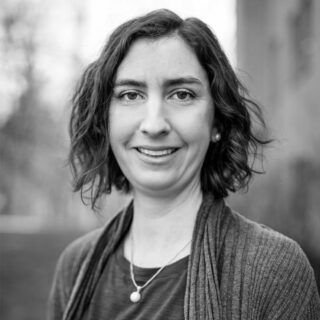3 days / 70+ speakers
80+ seminars, workshops, and panels
National Symposium for Classical Education
February 22-24, 2023

Amy Richards
She is also a Faculty Fellow of the Templeton Honors College’s Master of Arts in Classical Teaching program. Building on her previous work in philosophical and theological anthropology, she teaches a course in this program called ‘Difference and Human Dignity in the Great Tradition’, which is dedicated both to developing an understanding of what it is to be human through the lens of disability and difference, and to offering practical techniques for classical classroom approaches for students with special needs. Also of note, Dr. Richards and Classical Academic Press have begun a collaboration project on a book related to her work in this course—more coming soon! She lives in Havertown, PA with her husband and their three small girls.
SESSIONS:
Strange Vocations: On Disability and Classical Education
Is classical education for all students, including students with disabilities and learning differences? Responding to this question requires us to understand the nature and purpose of classical education: to form students as whole persons in order that they may have the tools to see and strive towards the good life for human beings. This leads us to the even more fundamental question: what is it to be human? At the heart of any adequate response to this question, I argue, lies a careful consideration of persons with disabilities, as they reveal to us in particularly profound ways the relational nature of our humanity. Consideration of persons with disabilities in what I will call, following Augustine, their ‘strange vocations’, reveals to us that our vulnerability and our connections with one another are not obstacles to achieving our human telos but a necessary condition of it. This relational understanding of the human person—this renewed anthropology—has vital implications for our conceptions of the true, the good, and the beautiful, the pursuit of which is the hallmark of the good life. In light of this anthropology, I argue, we should make the development of genuinely classical programs that serve students with disabilities and learning differences a key priority in the classical education renewal. Doing so will bring us closer to the heart of classical education, which when rightly oriented focuses not on rigor but on vigor—on education that is active and life-giving. Having unpacked this argument for why we should offer a classical education to students with disabilities and learning differences, we will turn in the second half of the session to a workshop on how we can serve these students well classically.
